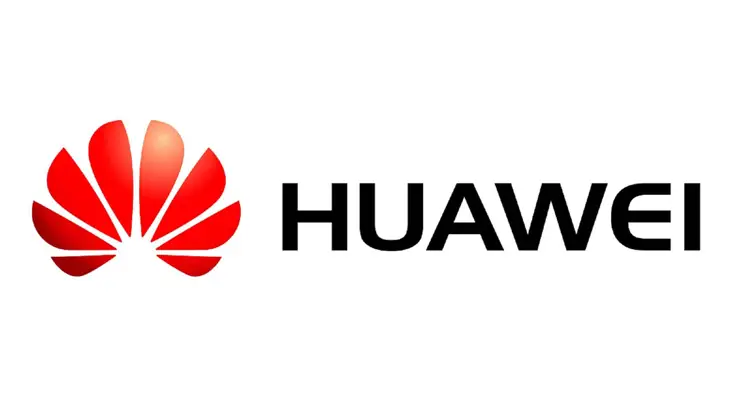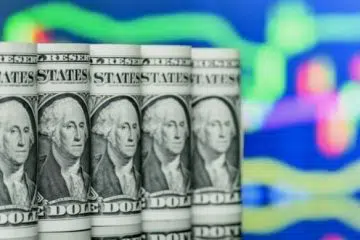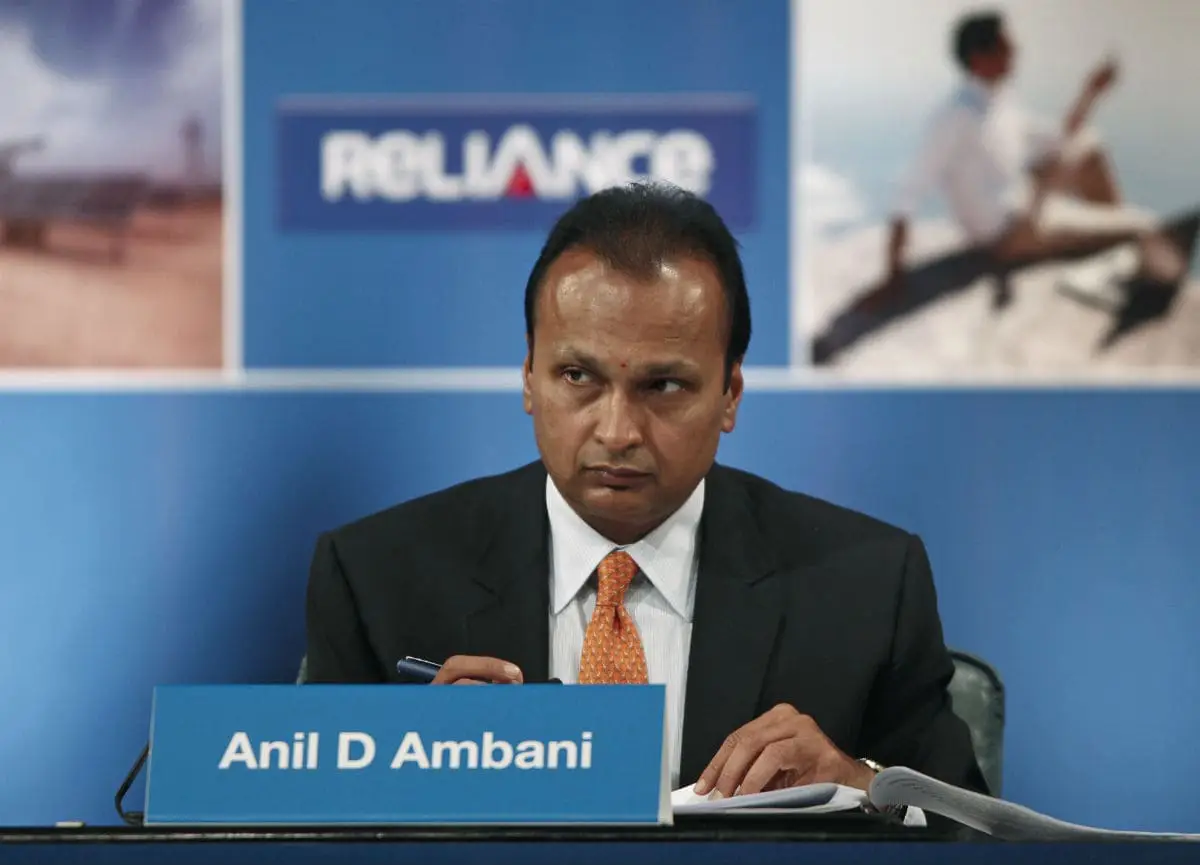Japan’s Biggest Chip Gear Firm To Not Deal with Chinese Firms Due to U.S. Blacklist

The blacklisting of Huawei by the United States authorities was perhaps the most disruptive event for the global tech industry this year. Due to that step, businesses with the United States will be no longer able to do business with Huawei in any shape or form. However, blacklisting does not apply to other countries. That has not stopped Tokyo Electron, the Japanese firm which is the 3rd biggest supplier of chip manufacturing equipment, from deciding against supplying to Chinese companies which have been blacklisted. Although no official announcement has been made yet, a senior executive at Tokyo Electron has told a leading news agency about the development.
It is a significant development since the United States had only made an effort to stop American companies from dealing with Chinese companies and it was not supposed to extend to the business practices of companies in the other parts of the world. The decision from Tokyo Electron could start a domino effect by way of which companies from other countries could also follow their example and stop doing business with blacklisted Chinese firms. The trade war has proved to be a bruising one for China, and in order to build its own chip-making capabilities, the country is now increasingly dependent on companies in Europe and Japan.
The executive who spoke to the news agency stated,
We would not do businesses with Chinese clients with whom Applied Materials and Lam Research [two top American chip gear companies] are barred from doing businesses. It’s crucial for us that the U.S. government and industry see us as a fair company.
However, it has emerged that Tokyo Electron is perhaps not alone in taking such a step. Another major chip gear supplying company in the country is also considering such a step in the days to come, and things could get pretty tough for the tech sector in China. Last but not least, it could also be an indication of American diplomatic pressure on other countries to isolate China’s tech sector completely.





